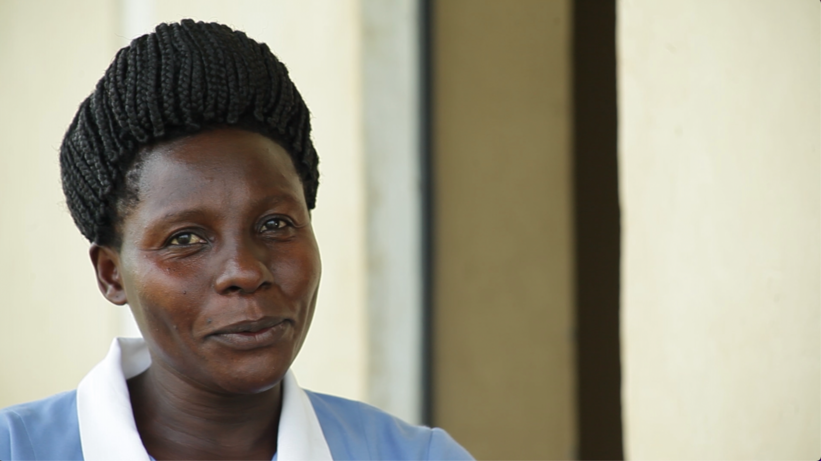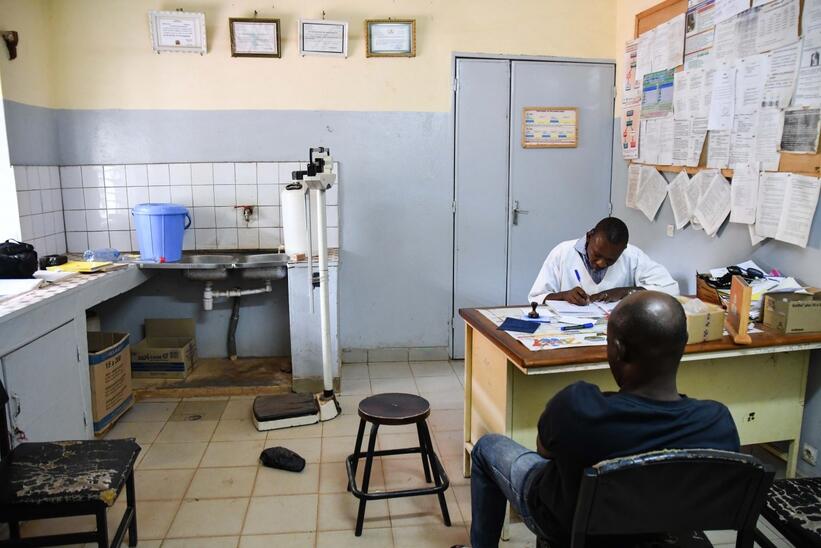
connecting systems for greater impact
Published on: 20/02/2023
Want to learn more about CONNECT Health? Join Lindsay and others for 9.00h EST | 13.00h GMT | 14.00h CET Thursday 16 March to find out more about connecting WASH and health systems, ahead of the All Systems Connect International Symposium in May. Register here.
Safe water and sanitation services help to interrupt the fecal-oral cycle, thereby preventing the spread of diarrheal diseases like cholera and typhoid. Meanwhile proper hand hygiene limits the transmission of pathogens and is one of the most cost-effective methods of disease prevention we have at our fingertips. This relationship has been known since at least the 1800s, during the time of John Snow and the Broad Street Pump, though it can be argued even farther back in some cultures.

If we think of public health like a toolbox, then access to safe water and sanitation, along with the practice of good hygiene, are public health tools which can be leveraged to achieve the goal of good health and wellbeing for all. Other tools in this toolbox include vaccinations and proper nutrition.
It will take concerted efforts on both sides to bring ourselves closer together. To do this, it may be valuable to see where we could benefit from greater collaboration, as we look out to the pressing issues that will impact public health – from pandemics to climate threats.
These WASH and health efforts cannot simply be standalone programs – they must support a system strengthening approach to ensure that we achieve lasting change. This means that not only is WASH considered a critical intervention within the healthcare facility, but it is also integrated into the health governance, financing, and accountability structures in place.

In May (2-4th), IRC, an international think tank that actively builds strong water, sanitation and hygiene systems and Water for People, a global non-profit, and their partners, will host the All Systems Connect International Symposium 2023. The Symposium is designed to help people working in health, WASH, climate and social justice to connect with purpose, work on collective solutions, and strengthen their capabilities as systems leaders.
Partners include: the World Health Organisation, UNICEF, the Conrad N. Hilton Foundation, Sanitation and Water for All, the Government of the Netherlands, Osprey Foundation, World Vision, Agenda for Change, Agua Consult, Deltares and Water Wiser.
We encourage you to join us, to connect with new allies, fresh thinking, and inspiring ways to strengthen systems and services.
At IRC we have strong opinions and we value honest and frank discussion, so you won't be surprised to hear that not all the opinions on this site represent our official policy.